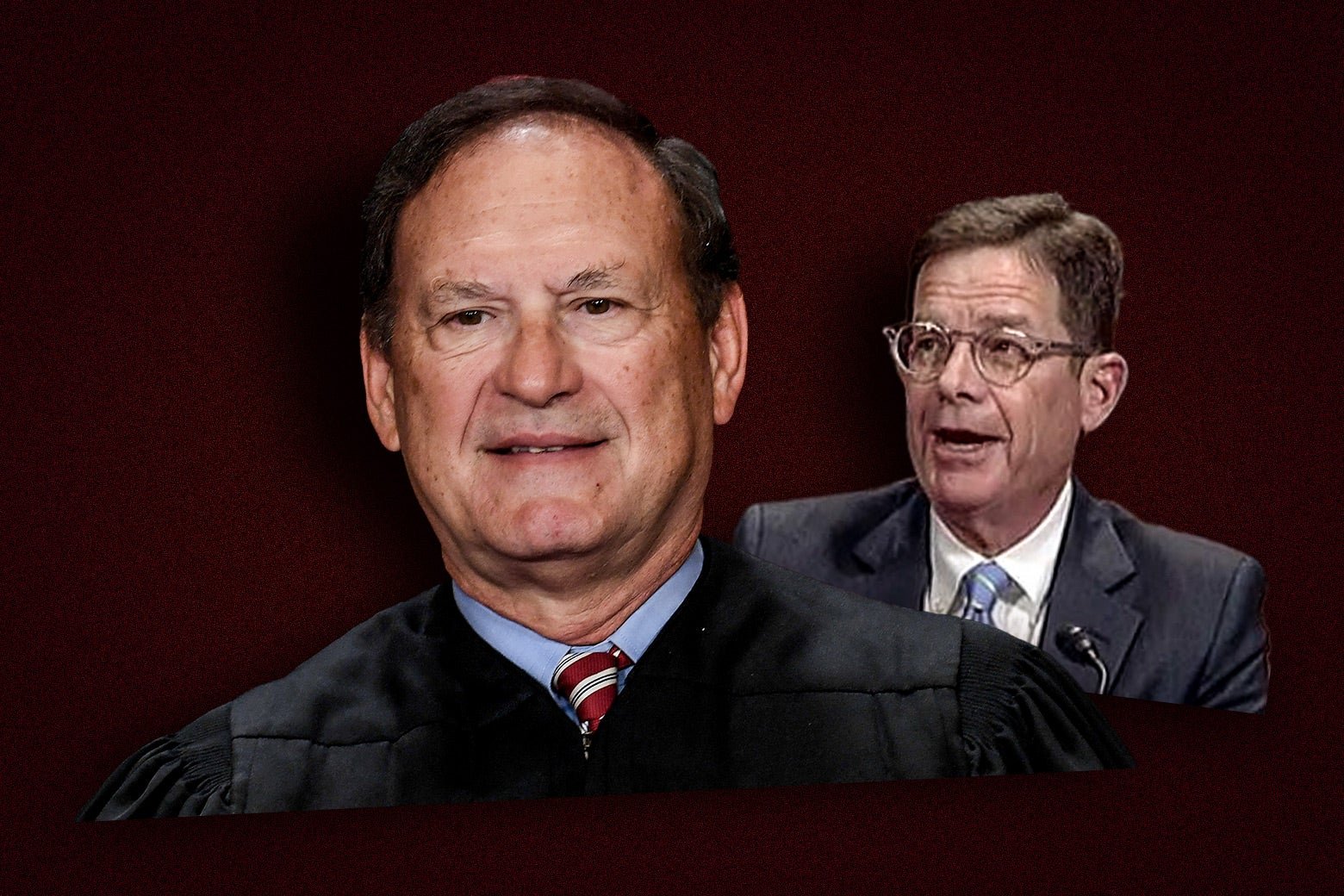When the Supreme Court overturned Roe v. Wade, it claimed to be removing the judiciary from the abortion debate. In reality, it simply gave the courts a macabre new task: deciding how far states can push a patient toward death before allowing her to undergo an emergency abortion.
On Tuesday, the U.S. Court of Appeals for the 5th Circuit offered its own answer, declaring that Texas may prohibit hospitals from providing “stabilizing treatment” to pregnant patients by performing an abortion—withholding the procedure until their condition deteriorates to the point of grievous injury or near-certain death.
The ruling proves what we already know: Roe’s demise has transformed the judiciary into a kind of death panel that holds the power to elevate the potential life of a fetus over the actual life of a patient.



State laws don’t trump federal laws. Weed is still federally illegal and you can’t own firearms if you smoke, regardless of what your state says.
I did not believe it at first, but they overturned that in August
I highly doubt anyone “overturned” the supremacy clause of the constitution.
I meant weed and Guns
It’s still federally illegal. As I explained to the other person, a state can allow marijuana users to apply for a carry permit, but they’re still federally prohibited from owning firearms.
https://amp.cnn.com/cnn/2023/08/09/politics/appeals-court-firearms-illegal-drug-users/index.html
This says different as far as I can tell.
deleted by creator
https://www.msn.com/en-us/money/news/marijuana-users-and-gun-supporters-gear-up-for-imminent-colorado-ballot-measure-battle/ar-AA1mnxVc
federal laws are only recognized when the state favors federal law
statutes and cases that upheld federal laws are being dismantled
can not have fifty states with fifty different set of laws and federal laws that contradicts some of the state laws demanding to be upheld without something breaking
wait that has happened before in US history over states wanting individual laws over federal laws
Friendly reminder that we literally fought a war over this, and the good guys absolutely won that war, and we’re the people fighting to secure federal supremacy.
“States rights” is almost never invoked unless it’s to oppress someone.
The law they’re trying to change is the carry permit law, which is a state by state law. Currently, residents of Colorado cannot obtain a license if they are not federally allowed to own firearms. This ballot measure only seeks to remove that language from the law, meaning even if the measure passes and Marijuana users can apply for a Colorado concealed carry permit, they are still federally barred from owning guns.